7 high-protein foods every vegetarian can add to their diet to lose weight
Best vegetarian sources of high-protein: If you're a vegetarian and trying to lose weight, introducing these protein-rich foods to your diet can help support muscle health, boost energy levels, and promote your well-being. Follow this best weight loss diet plan for quick, healthy results.
1/10
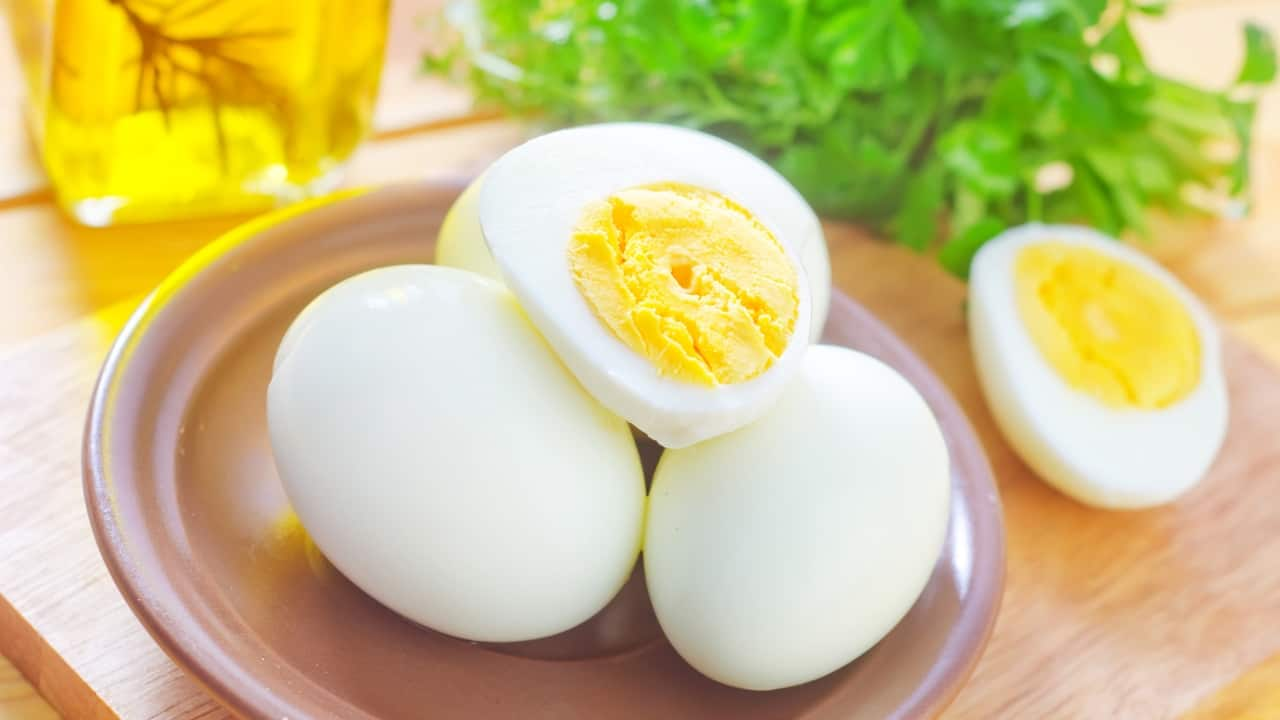
Protein is an essential nutrient that plays a crucial role in building and repairing tissues, supporting muscle health, and boosting immunity. It is commonly found in animal-based sources like meat, eggs, poultry, and fish, which are considered complete proteins due to their high amino acid content (Image: Canva)
2/10

However, for vegetarians, there are several plant-based foods that offer sufficient protein, such as lentils, soy products, dairy, and nuts. Including these protein-rich vegetarian foods in your diet can help meet daily nutritional needs (Image: Canva)
3/10
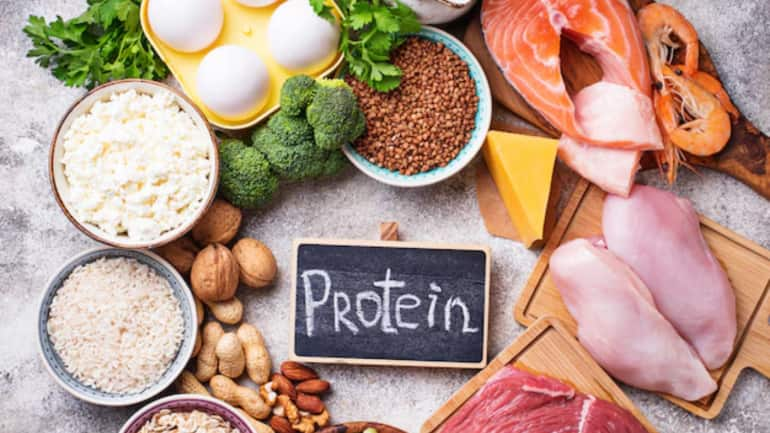
Protein is a vital nutrient that plays a crucial role in muscle repair, immunity, and good health. While vegetarian diets offer numerous health benefits, they can sometimes lack sufficient protein if not carefully planned. However, a variety of plant-based foods can help meet daily protein needs, says Karuna Chaturvedi, Head, Clinical Nutrition, Max Super Speciality Hospital, Noida. “A well-balanced vegetarian diet can provide all essential amino acids if diverse protein-rich foods are included regularly," she says. Chaturvedi suggests 7 high-protein foods that every vegetarian should include in their diet (Image: Canva)
4/10
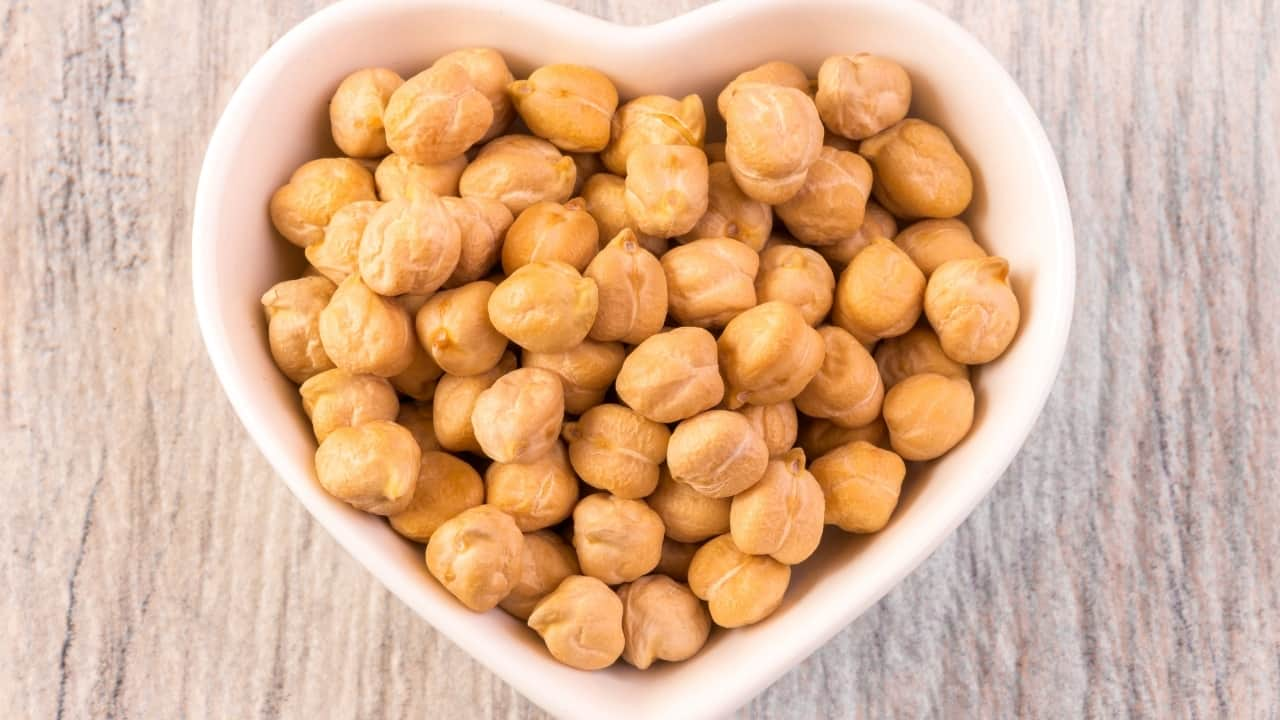
Pulses: Lentils, chickpeas, kidney beans, and white beans offer 14-17 grams of protein per cooked cup. "Pulses are not only rich in protein but also packed with fibre, making them excellent for digestion and heart health," says Chaturvedi (Image: Canva)
5/10

Milk and milk products: Dairy products like cottage cheese (paneer) and curd are widely consumed protein sources among vegetarians. They also contain probiotics that promote gut health. "Including dairy in your diet helps meet protein needs while supporting digestion," Chaturvedi adds (Image: Canva)
6/10
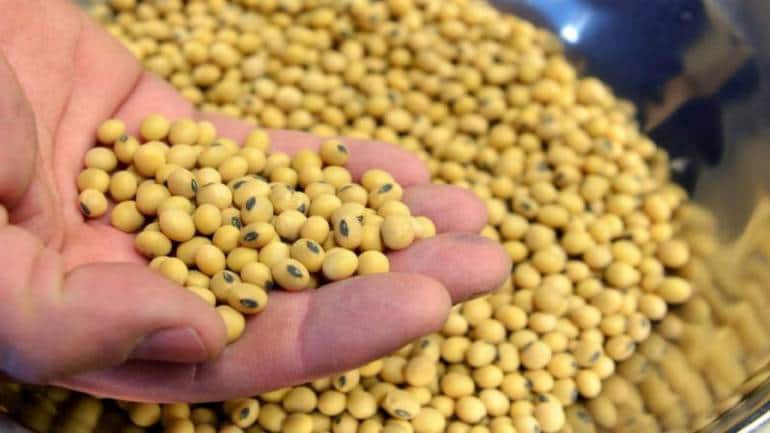
Soyabean: Tofu, tempeh, and soy milk are excellent plant-based protein sources. Soybeans provide high-quality protein along with bioactive compounds like isoflavones, which may have health benefits. "Soy is versatile and can easily be included in daily meals for a protein boost," Chaturvedi says
7/10

Oats: A comforting breakfast staple, oats provide around 5 grams of protein per half-cup along with fibre and essential nutrients. "Oats not only support digestion but also offer sustained energy, making them a great protein addition," suggests Chaturvedi (Image: Canva)
8/10
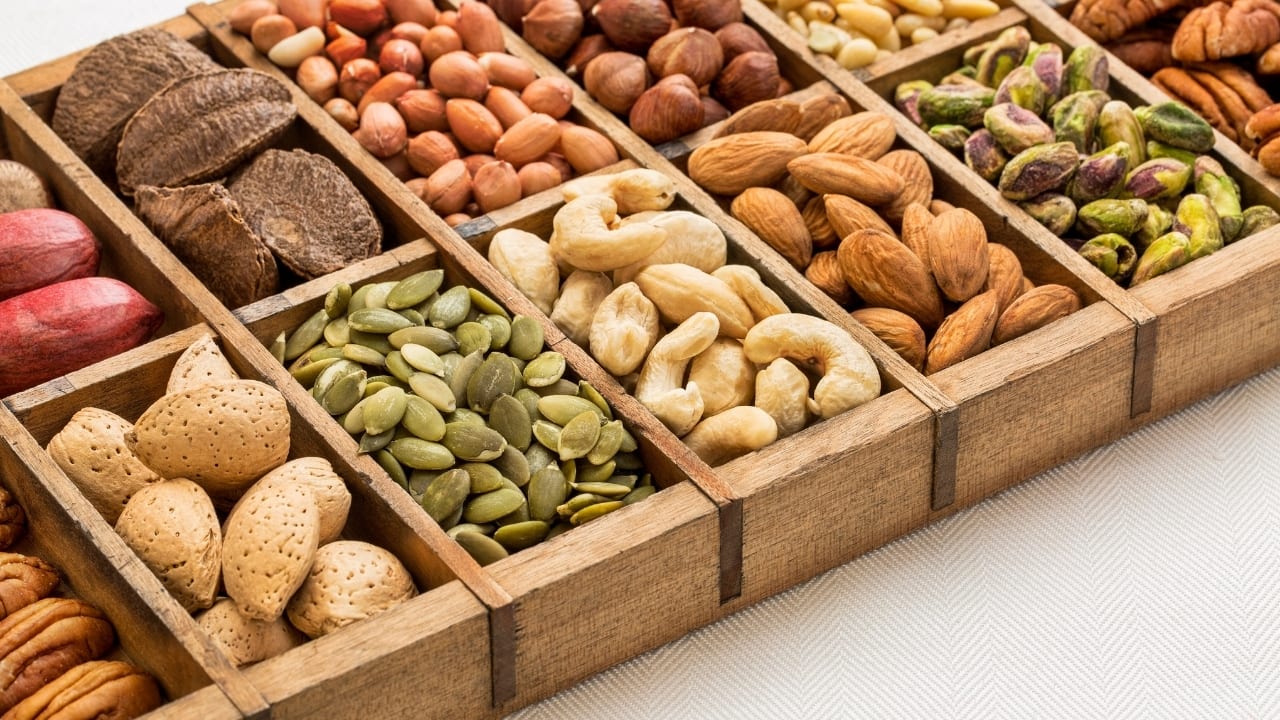
Nuts and seeds: Almonds, chia seeds, pumpkin seeds, and sunflower seeds are protein-packed and convenient snacks. "Nuts and seeds are a quick, nutrient-dense way to boost protein intake on the go," Chaturvedi suggests (Image: Canva)
9/10

Whole grains: Quinoa, amaranth, brown rice, and whole wheat are protein-rich grains that also provide essential vitamins and fiber. "Whole grains help meet protein needs while supporting heart and digestive health," he shares (Image: Canva)
10/10

Spirulina: This superfood algae contains 16 grams of protein per tablespoon. It can be added to smoothies or sprinkled on salads. "Spirulina is an excellent addition to vegetarian diets for an extra protein punch," opines Chaturvedi. Disclaimer: This article, including health and fitness advice, only provides generic information. Don’t treat it as a substitute for qualified medical opinion. Always consult a specialist for specific health diagnosis (Image: Canva)
Discover the latest Business News, Budget 2025 News, Sensex, and Nifty updates. Obtain Personal Finance insights, tax queries, and expert opinions on Moneycontrol or download the Moneycontrol App to stay updated!





